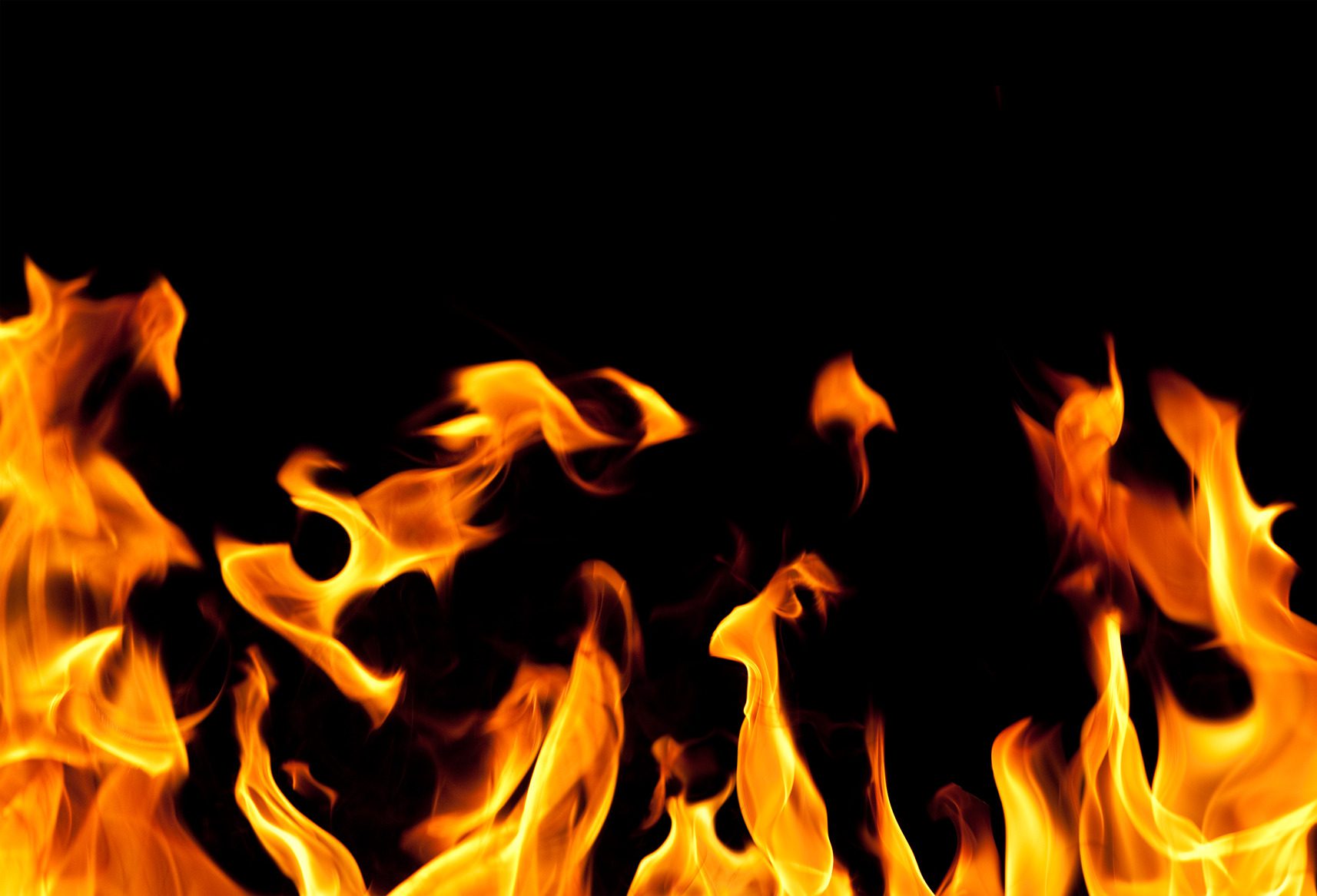
Cooking for Thanksgiving is a large responsibility, especially if you plan on hosting guests at your home. The best way to ensure a Thanksgiving culinary success is to plan ahead, stay organized and ALWAYS make safety a priority.
Below are some of our top safety tips to keep in mind when cooking for Thanksgiving.
Thawing Turkey
Turkeys must be kept at a safe temperature during the thawing period. Turkey that is left thawing on the counter more than 2 hours is not at a safe temperature.
The USDA recommends using refrigerator thawing, cold water thawing or microwave thawing instead of leaving the turkey out on the counter. See additional information here.
Deep-fried Turkey
A deep-fried turkey is delicious but it comes with its share of risks. This infographic by Live Science outlines some of the top tips for avoiding a fried turkey disaster.
Keep it Clean
Bacteria present on raw meat can contaminate your hands, utensils and work surfaces. If these areas are not cleaned thoroughly before working with other foods, bacteria from the raw meat can then be transferred to other foods.
Be Aware
Never leave cooking food unattended. Stay in the kitchen when frying, grilling or broiling food.
Fire Extinguishers
Purchase a fire extinguisher to keep in the kitchen. Contact the local fire department to take training on the proper use of extinguishers.
Smoke Alarms
Install a smoke alarm near the kitchen and on each level of the home. Use the test button to check it each month. Replace all batteries at least once a year.
Cooking Temperatures
To make sure your turkey is fully cooked, you just have to remember that Salmonella and Campylobacter are killed off when the temperature hits 165 F. Make sure that the whole bird has reached that temperature, not just the outside.

